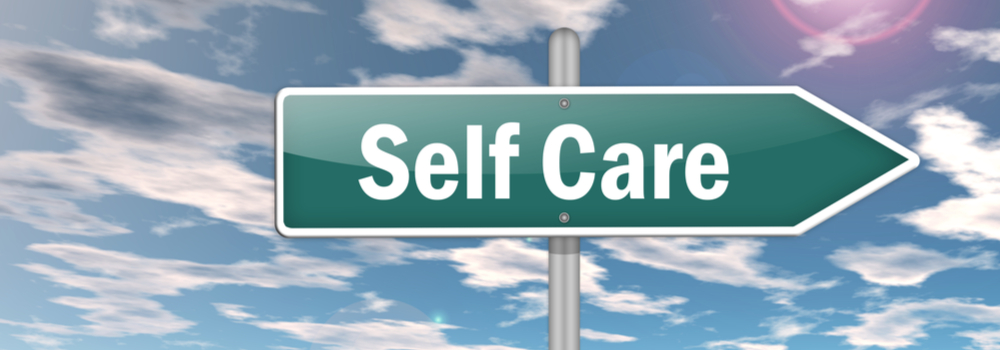People in recovery have been familiar with self-care for many years. Self-care is the personally designed program of taking care of the self. Whatever your individual needs are to feel taken care of, to maintain your health and sanity in mind, body, and spirit, that is self-care. Self-care is the answer to a society and mainstream world that creates high amounts of stress, which leads to exhaustion, illness, and disease. For those in recovery, self-care is the stopping point between overload and relapse. Self-care is the way we make sure we aren’t pushing ourselves beyond repair, to the point of fooling our mind and body into thinking a drink or a drug will be the answer.
“Self-care” may very well have been the buzzword of 2017. People outside of recovery became obsessed with the idea of doing things and taking time special to themselves. After an abnormally tense political year, self-care became ever the more important. Unfortunately, not everyone has time or financial ability for the kind of “self-care” commonly discussed. Luxury treatments, days off from work, indulgent meals, and more are forms of self-care, but not the only ones. Self-care is critical for maintaining recovery. Making a realistic and manageable self-care guide will help you create the time and space you need to take care of yourself in the way you need.
Make a budget for self-care
Massages are awesome. Massages can also be costly. Unless it is within your budget to get a massage once a week or twice a month, that won’t work for your plan of self-care. Self-care shouldn’t create more stress, like financial stress. Self-care is a goal and a regiment that reduces stress. Look at your budget and make room for regular or intermittent self-care activities that are more costly than others. For example, eating and staying hydrated are daily requirements that are part of self-care. You calculate those costs into your normal budget. Activities like road trips, solo adventures, massages, acupuncture, or other forms of self-care are more costly.
Determine short term and long term self-care goals
Eating, sleeping, staying accountable to your responsibilities, and doing things like meditation, practicing mindfulness, or other daily routines are short term self-care goals. Long-term might be that monthly or bi-monthly massage, paying your bills on time, spending time with family or comforting friends, or working toward a goal like fitness or travel.
Life is full of possibilities for adventure because life is an adventure. Tree House Recovery is a men’s treatment program located in Portland, Oregon. Our program pulls inspiration from the magnificent nature of the Pacific Northwest to help men find freedom from addiction. Creating sustainable recovery through sustainable change, our programs help men learn how to live sober with adventurous lives. Call us today for information: (503) 850-2474




